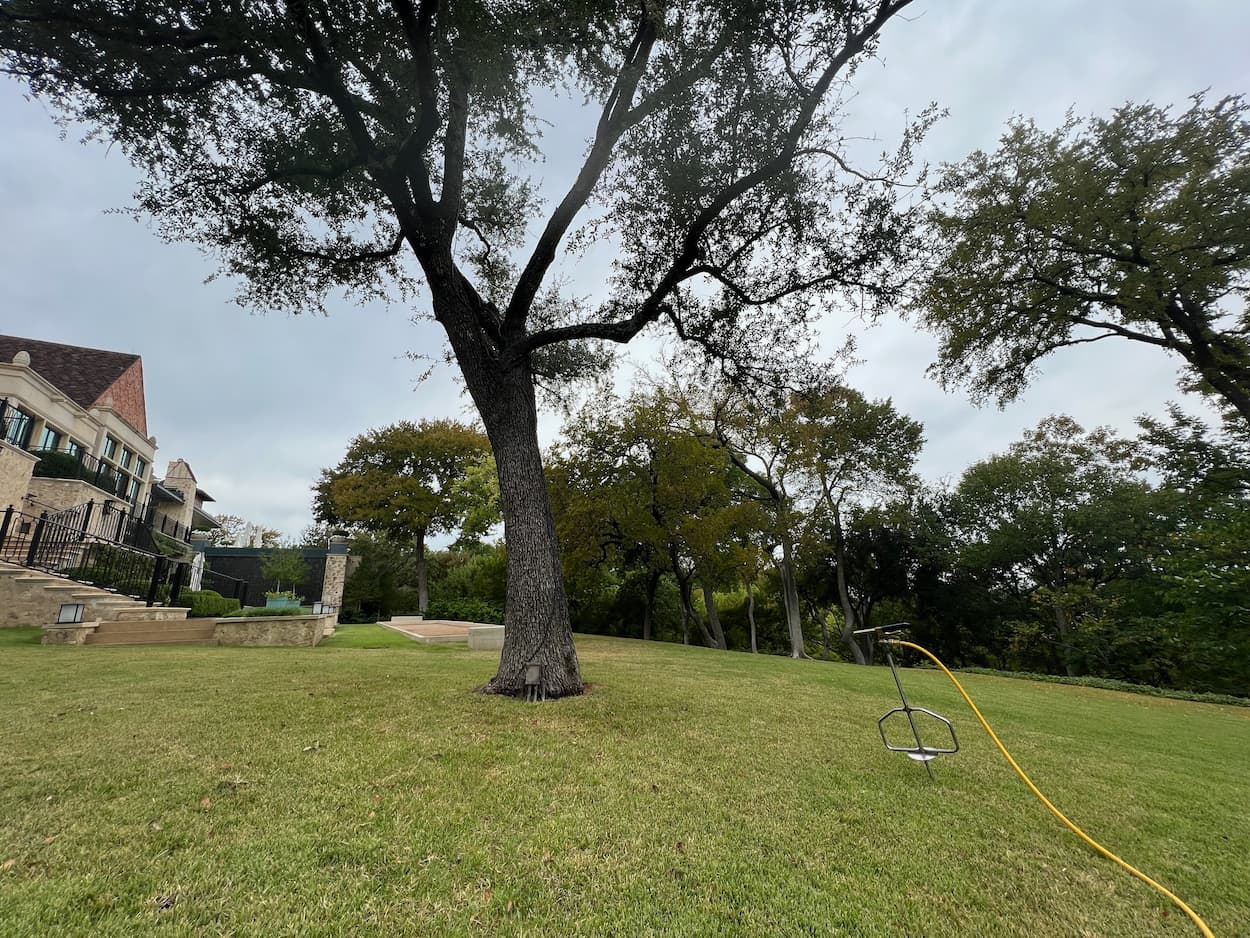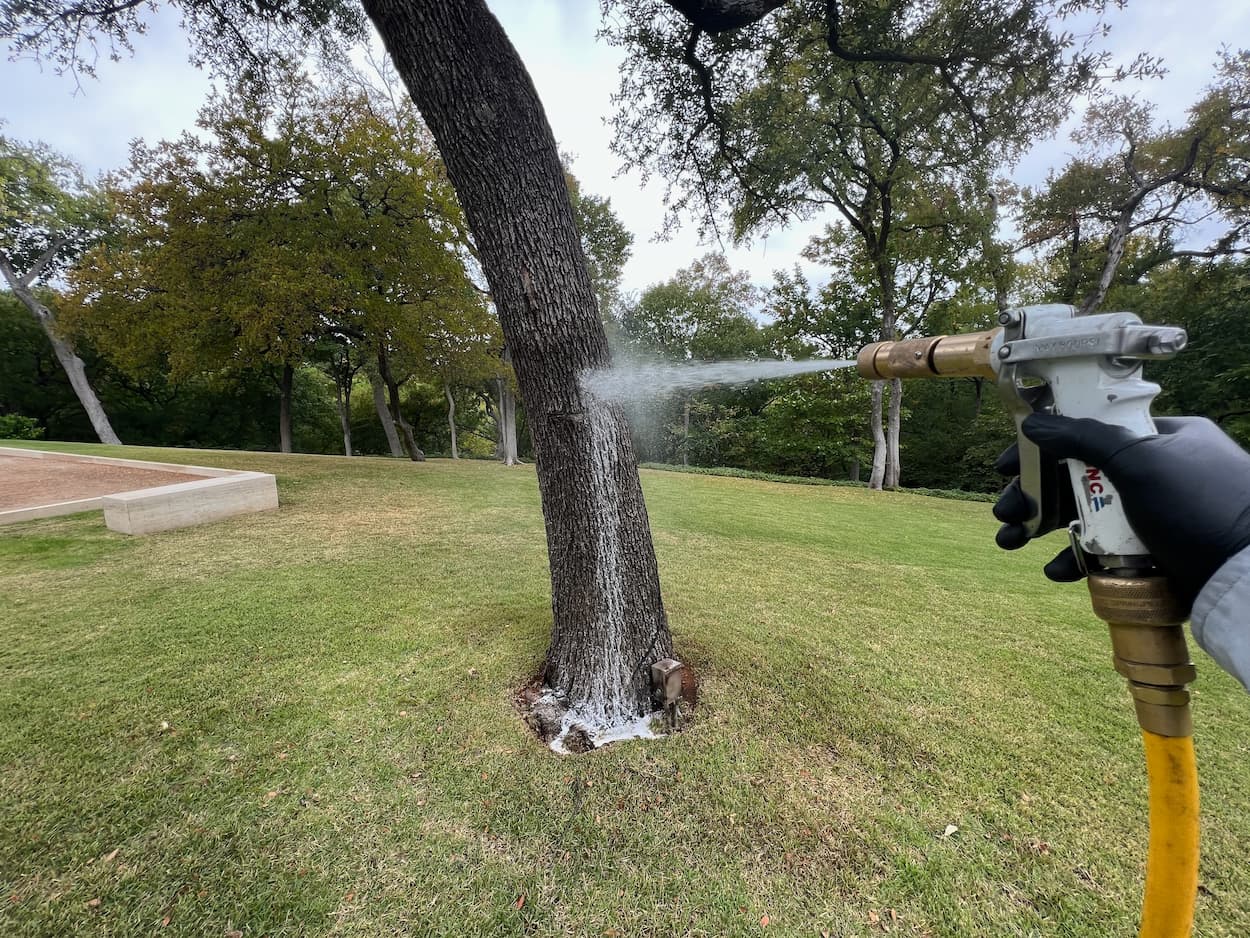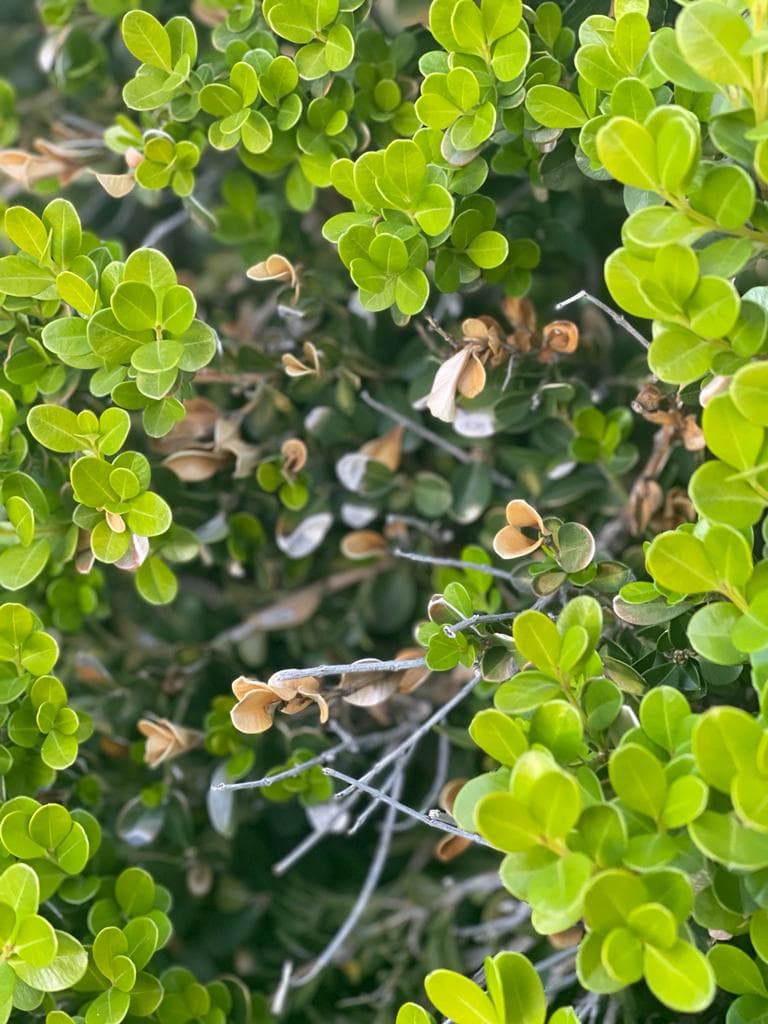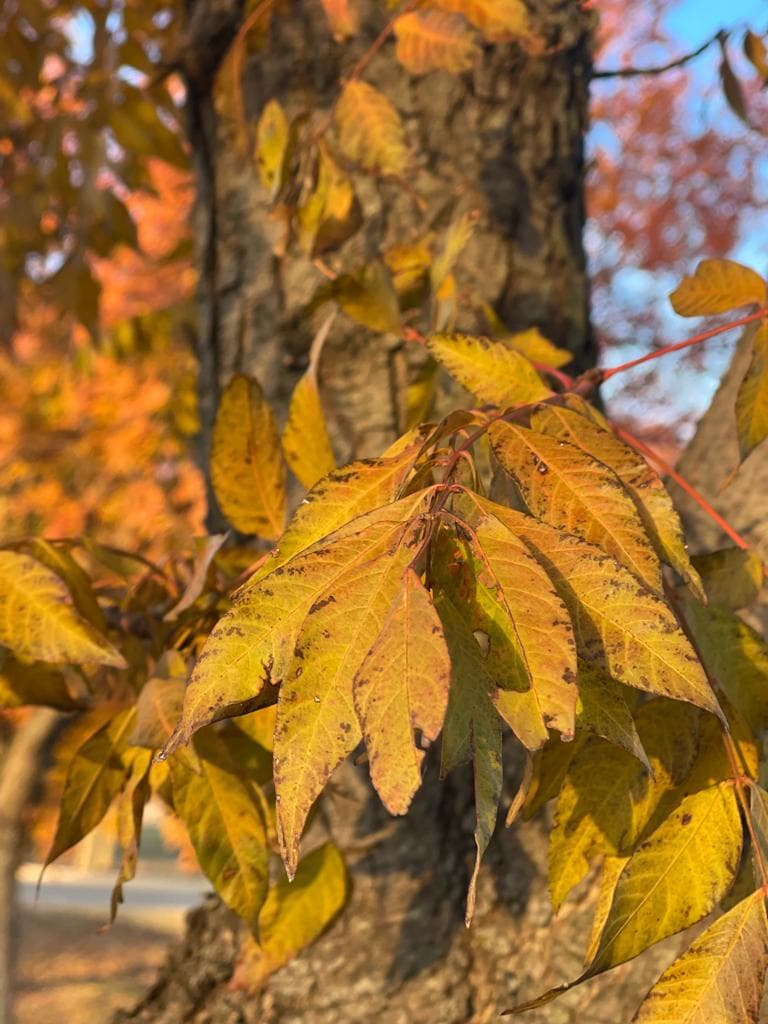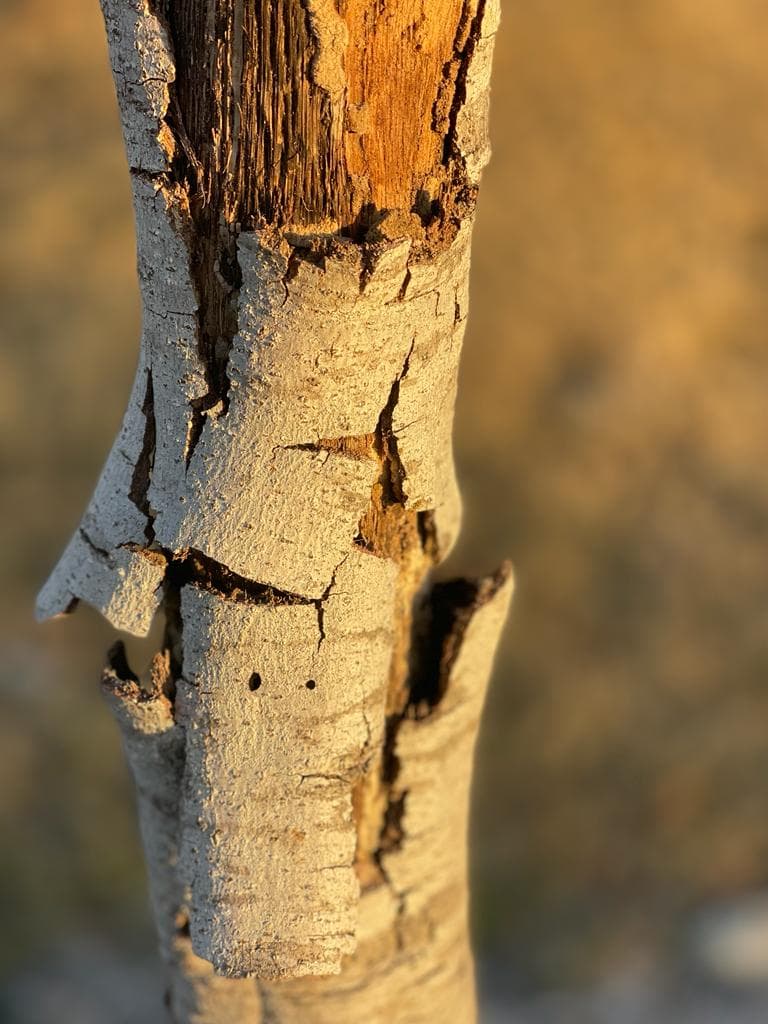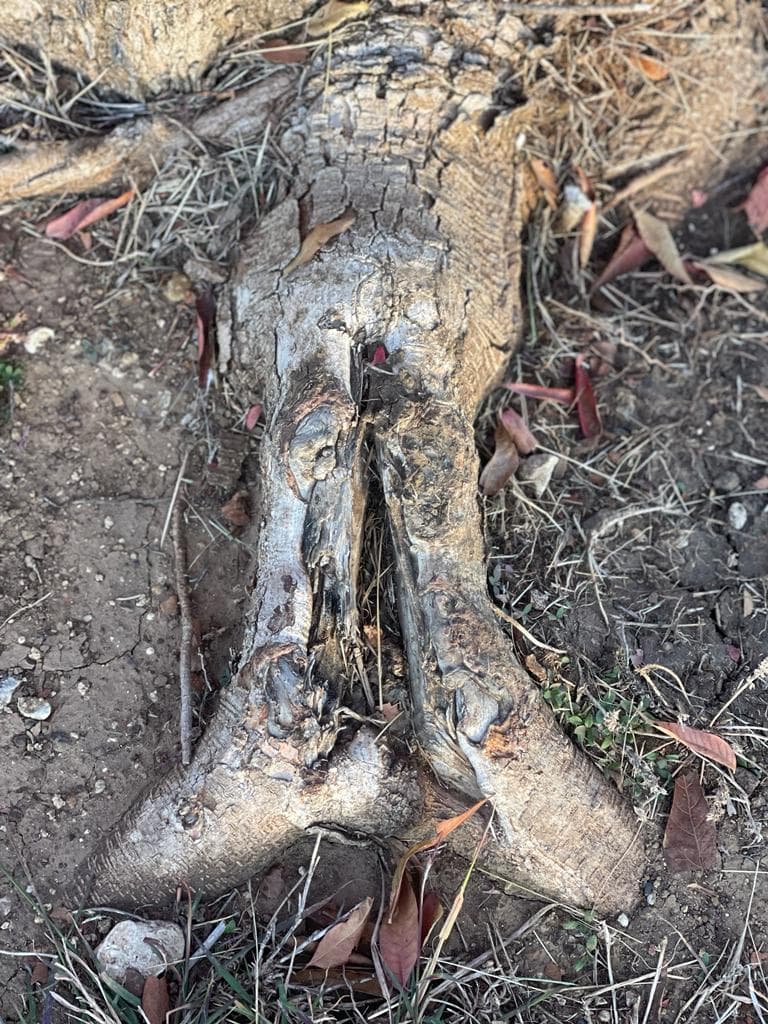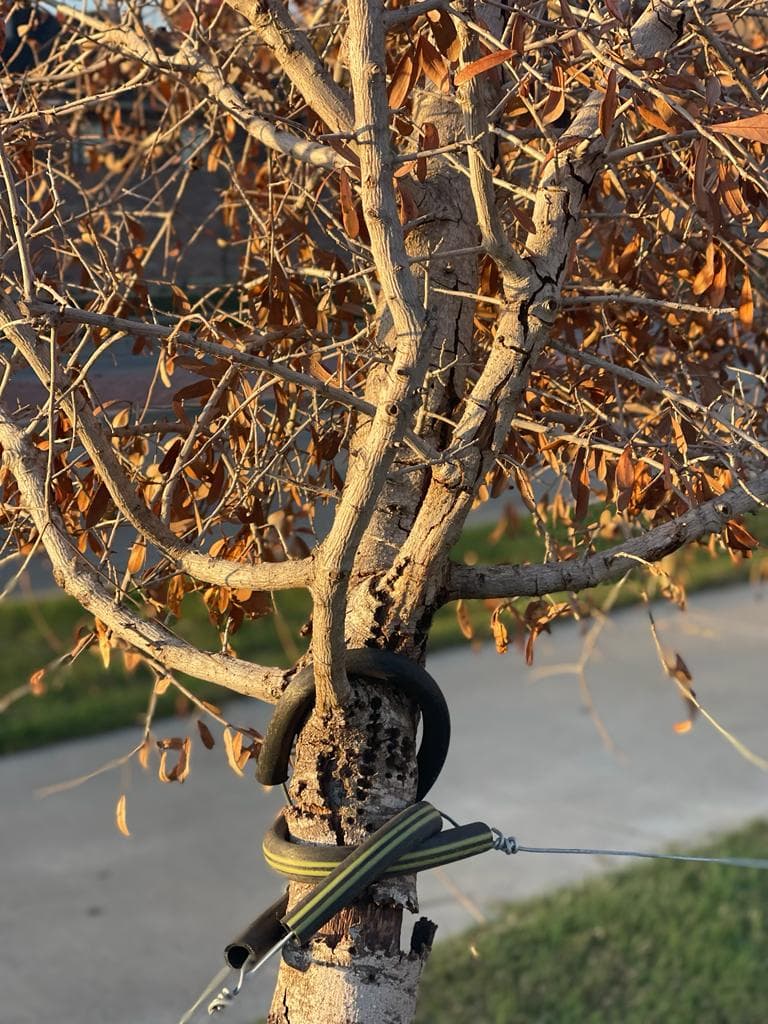Texas Shrubs & Tree Health Care Experts
Caring For Texas Shrubs & Trees Since 1990 Get A Free QuoteCall (817) 880-6130Tree & Shrub Pest Treatment Services in Hurst, TX
Our ISA Certified Arborist Can Help Treat Your Trees and Shrubs From Pests in Hurst, TX.
Arborist USA provides Tree & Shrub Pest Treatment Services in Hurst, Texas, and the surrounding areas.
Boasting a wide variety of tree and shrub species, the Texas city of Hurst presents a lush green picture to residents and visitors. However, sustaining this green landscape requires conscious efforts due to the persistent threat of pests infesting these trees and shrubs. Thus, understanding tree and shrub pest treatments in Hurst, TX, is vital.
In conclusion, sustaining the verdant beauty of Hurst, TX, requires the strategic implementation of tree and shrub pest treatments. These treatments, when rendered promptly and comprehensively, ensure the overall health and vibrance of the city’s green spaces. A commitment to environmentally friendly practices, active community participation, and public education are key to preserving Hurst’s cherished natural environment.
If you are in need of Tree & Shrub Pest Treatment Services in Hurst, TX, please get in touch with Arborist USA today by calling us at (817) 880-6130, your Tree & Shrub Disease Specialist.
Signs of a Sick Tree or Sick Shrub
- Dead Branches
- Yellowing Leaves
- Fungi or Decay
- Bark Falling Off
- Discolored or Rusted Leaves
- Dying Tree or Shrub
- Leaf Discoloration
- Root or Insect Damage
- Leaves look like they’re being eaten
- Bark is Peeling
- Holes in leaves
- Holes on Bark or Branches
- Stunted Growth
- Canopy Dieback
- Bark Abnormalities
- Wilting
Tree & Shrub Helpful Tips
1. Identifying Pests:
Common pests in Hurst known to attack trees and shrubs include scale insects, mites, beetles,caterpillars, borers, and aphids. Early detection and action lead to a substantial decrease in resultant damage.
2. Recognizing Infestations:
Signs that pests might have infested trees or shrubs include leaved folding, discolored or wilting leaves, premature leaf drop, abnormal bark texture, and scarcity of foliage. Timely recognition of these signs can stop infestations from spreading and causing significant damage
3. Prompt Treatment:
The immediate initiation of apt treatments can massively curtail damage from pests and potentially save a tree’s or shrub’s life along with homeowners’ replacement costs.
4. Professional Support:
Pest management experts excel at identifying the species of pests and devising effective treatment plans. Ongoing monitoring of trees and shrubs, along with adapting treatments to evolving situations, are key components of their services.
5. Treatment Strategies:
A variety of treatment tactics can help combat pests, including chemical and biological control, physical involvement like pruning and trimming, and modified horticultural practices. The most suitable treatment depends on the type and scale of infestation.
6. Preventive Care:
Forestalling pest invasions through regular pruning, proper watering, and balanced fertilization can be a robust preventative measure. Additionally, encouraging biodiversity can also help keep damaging pests at bay.
7. Integrated Pest Management (IPM):
This modern pest control approach merges various techniques to effectively manage pests with the least possible impact on the environment.
8. Balance in Pest Control:
Balancing effective pest management with preserving beneficial insects and local wildlife is equally crucial. Trained pest control services are skilled at maintaining this balance.
9. Community Action:
Community engagement in the identification, prevention, and control of pests can significantly enhance the effectiveness of tree and shrub pest treatment operations.
10. Increased Awareness:
Educating the community about the different pests, signs of their presence, and effective treatment methods can help individuals contribute to pest management and increase program success rates.
If you’re concerned or have any further questions about our Tree & Shrub Pest Treatment Services in Burleson, TX, or surrounding areas in North Texas, please call us at (817) 880-6130.
Tree & Shrub Pests
Listed below are common Tree & Shrub Pests found in Texas.
Aphids
A white soft body insect that creates a sticky "honey dew" structure on limbs or leaves, blocking nutrients.
Bagworms
Bagworms lay eggs that create small cone-shaped structures less than three inches in length.
Beetles
An invasive wood borer that is subject in all wood tissue that causes severe decline in trees health.
Gypsy Moth
A larva that boars into leaf structure that cause lesser of a foliation and decline in overall leaf structure.
Oak Gall
A growth deformity known as a "gall" commonly occur on oak trees subject to branches and other structures.
Termites
Termites, wood-destroying insect, eats away at all wood tissue, damaging the structures of the trees.
Twig Girdlers
Being a member of the long-horned beetle family, these girdlers are known to eat leaf and other tree areas.
Webworms
These caterpillars spin white webbing bag nests in tree branches and eat your tree foliage (leaves).
Certifications

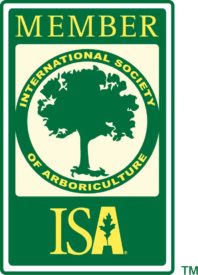

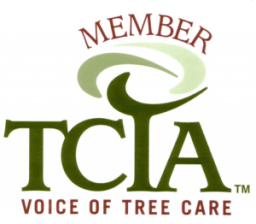
Our Reviews
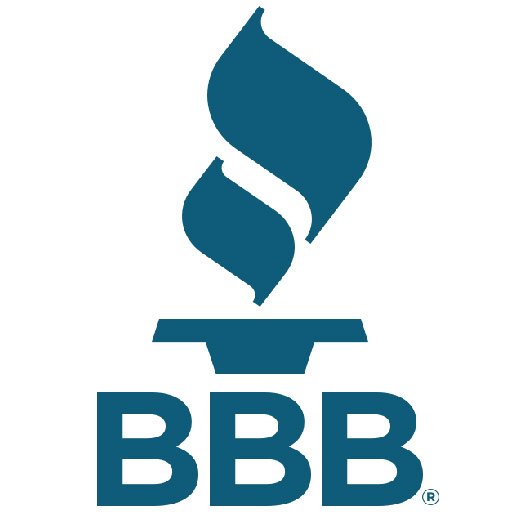
A+ BBB Rating based on 31 BBB Reviews
4.8/5.0 based on 83 Top Rated Local Reviews
4.6/5.0 based on 36 Facebook Reviews
4.0/5.0 based on 4 Trust Pilot Reviews

4.9/5.0 based on 90 Google Reviews
4.5/5.0 based on 13 Yelp Reviews
29 Recommendations on Nextdoor
Total Reviews: 286 ![]() Real Customer Reviews
Real Customer Reviews

